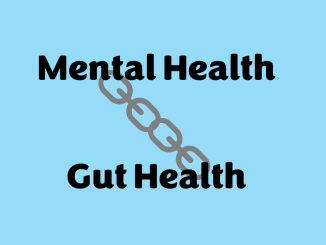Almost always, people who seek out assistance from a therapist do so because their situation is causing them stress.
As I’ve covered here, the problem with being under stress is that our body tries to help us survive the stressful thing(s) by making us more prone to emotionality (the classic Fight, Flight, Freeze or Fawn response comes from the emotional centre of our brain which is activated by the release of stress hormones).
This can then expose and exacerbate our emotional vulnerabilities and/or cause us to exhibit behaviors that can make our stressful situation even worse (for example, fighting with our significant other, rather than being validating, caring, and reasonable).
But stress is also doing something to the area of the brain that captures and stores our memories.
We already know that short and sharp stressful experiences (like being in a car accident) can be more memorable, however, researchers have just discovered that during prolonged periods of stress, our brain can struggle to make and keep memories.
Neuroscientists in Canada put mice to the test, training them to associate one sound with stress, and another sound with no stress. Then, they tested the mice’s ability to react appropriately to the different sounds.
It was found that the mice that had been placed in an acutely stressful experience exhibited defensive behavior regardless of which sound was played to them, suggesting that the stressful experience interfered with their ability to keep their memory.
In contrast, control mice who had not been subjected to stress exhibited defensive freezing only in response to the original sound.
The researchers believe the elevated levels of the hormone corticosterone in the blood of the stressed mice impacted their ability to form memory.
This might explain, anecdotally, why sometimes my counselling clients who are going through difficult and stressful times have trouble recalling their recent experiences.
This is sometimes described as being “foggy headed”.
If you couple these findings with what we already know about how stress affects many important parts of our body and mind (even just relating to sleep for example) it’s further proof that self-care, perhaps therapy with a Counsellor, and other ways of trying to find ways of improving your situation are vital.



